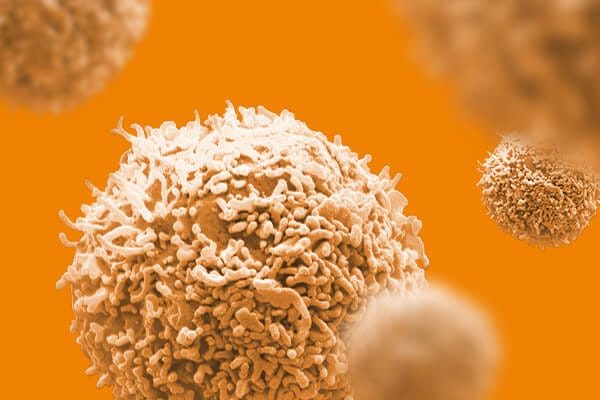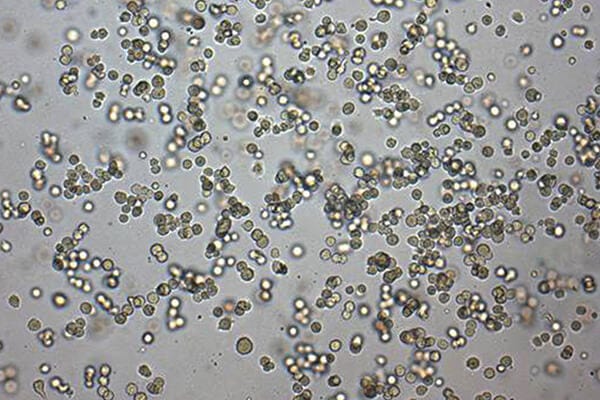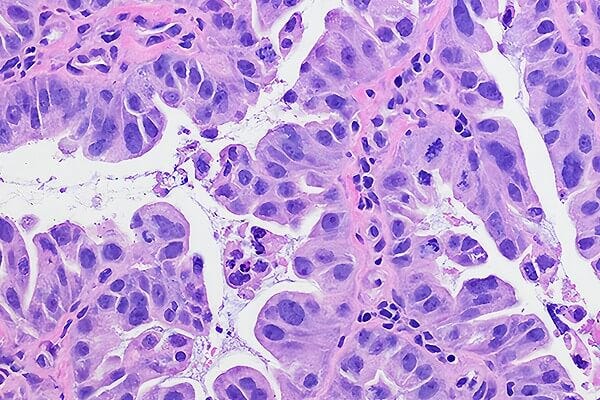We hypothesized that combining adoptively transferred autologous T cells with a cancer vaccine strategy would enhance therapeutic efficacy by adding antimyeloma idiotype (Id)-keyhole limpet hemocyanin (KLH) vaccine to vaccine-specific costimulated T cells. In this randomized phase 2 trial,patients received either control (KLH only) or Id-KLH vaccine,autologous transplantation,vaccine-specific costimulated T cells expanded ex vivo,and 2 booster doses of assigned vaccine. In 36 patients (KLH,n = 20; Id-KLH,n = 16),no dose-limiting toxicity was seen. At last evaluation,6 (30%) and 8 patients (50%) had achieved complete remission in KLH-only and Id-KLH arms,respectively (P = .22),and no difference in 3-year progression-free survival was observed (59% and 56%,respectively; P = .32). In a 594 Nanostring nCounter gene panel analyzed for immune reconstitution (IR),compared with patients receiving KLH only,there was a greater change in IR genes in T cells in those receiving Id-KLH relative to baseline. Specifically,upregulation of genes associated with activation,effector function induction,and memory CD8+ T-cell generation after Id-KLH but not after KLH control vaccination was observed. Similarly,in responding patients across both arms,upregulation of genes associated with T-cell activation was seen. At baseline,all patients had greater expression of CD8+ T-cell exhaustion markers. These changes were associated with functional Id-specific immune responses in a subset of patients receiving Id-KLH. In conclusion,in this combination immunotherapy approach,we observed significantly more robust IR in CD4+ and CD8+ T cells in the Id-KLH arm,supporting further investigation of vaccine and adoptive immunotherapy strategies. This trial was registered at www.clinicaltrials.gov as #NCT01426828.
View Publication


 EasySep™小鼠TIL(CD45)正选试剂盒
EasySep™小鼠TIL(CD45)正选试剂盒





 沪公网安备31010102008431号
沪公网安备31010102008431号